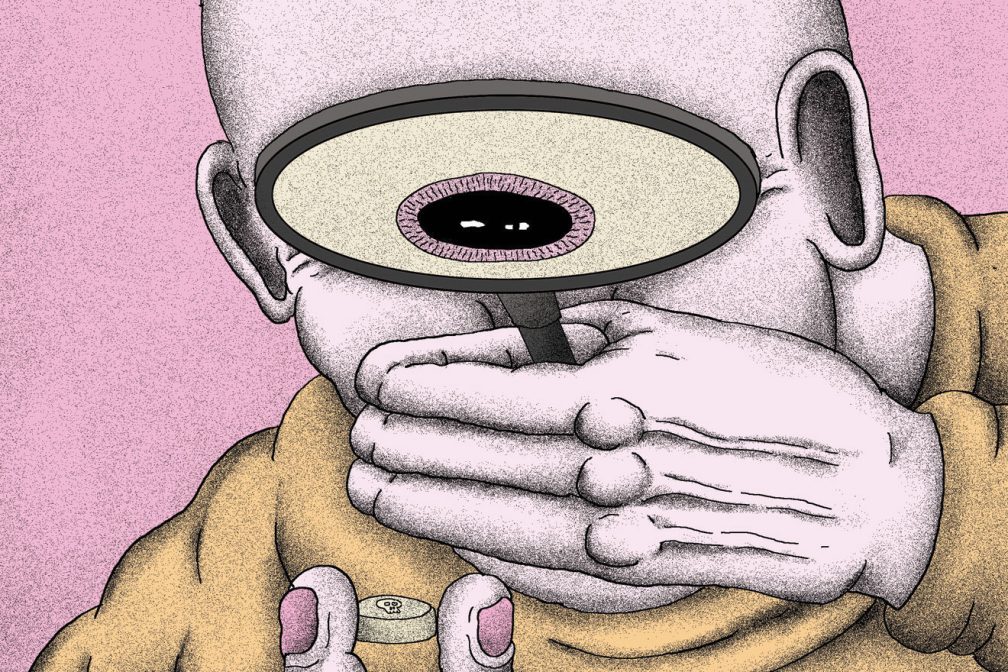 Comment
Comment
Not so pure and simple: Drug checking isn't the silver bullet solution
It won't abolish the risk, but it’s still important
High purity MDMA has not been associated with lower rates of harm. At Global Drug Survey, we’ve recorded an increase from 0.9% of last year MDMA users seeking emergency medical treatment in 2016 to 1.2% in 2017. Those countries with historically good quality MDMA and drug checking facilities such as the Netherlands (1.7%) did not show lower rates than countries only recently dealing with better quality drugs such as the UK (0.7%). And it’s not just MDMA. After years of widespread dissatisfaction with cocaine’s purity and the appearance of a well-defined two-tier market, with the promise of better quality cocaine for a higher price (usually about 30% more expensive), cocaine purity is going up. GDS2017 has just reported twice as many people seeking emergency medical treatment after the use of cocaine in the UK in the past three years, potentially and plausibly related to the doubling in the purity of cocaine we’ve seen in the last five years. Again, this is not just a UK phenomenon. A similar increase has been noted in the Netherlands. Our GDS colleague Judith Noijen, based at Jellinek, recently reported an increase in people using drug checking services for their cocaine after using it. They wanted to know what was wrong with it. The answer: it was of high purity – and the anxiety, panic and paranoia they reported was just a consequence of taking too much.
But dose-related harm is one of easiest things to counter through good education. Testing a new batch by taking a small amount while you’re sober is a good start, but was still only common practice for 60% of MDMA users last year. For those who ended up in hospital last year only 20% reported having done that. In the absence of a regulated drug market the government at the very least needs not to compound the problems facing drug users who have no choice other than to purchase variable quality products from variable quality dealing sources. They should support the widespread dissemination of credible, practical harm reduction advice rather than take a zero tolerance approach.


